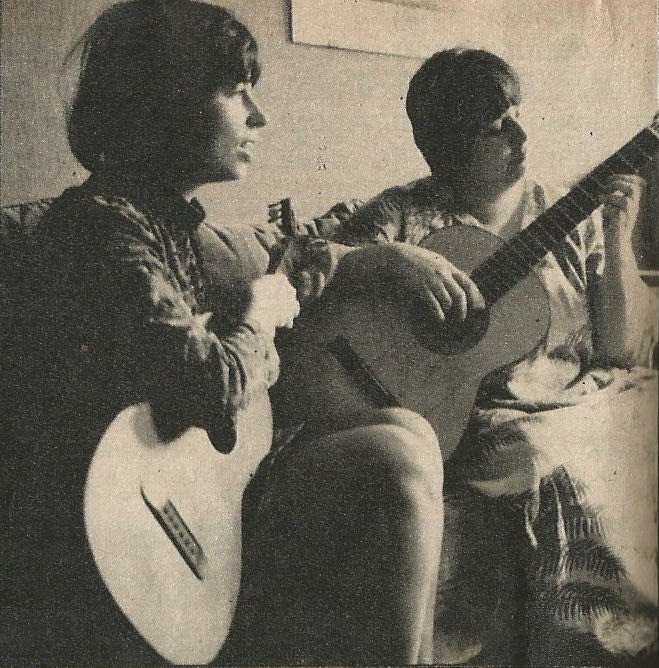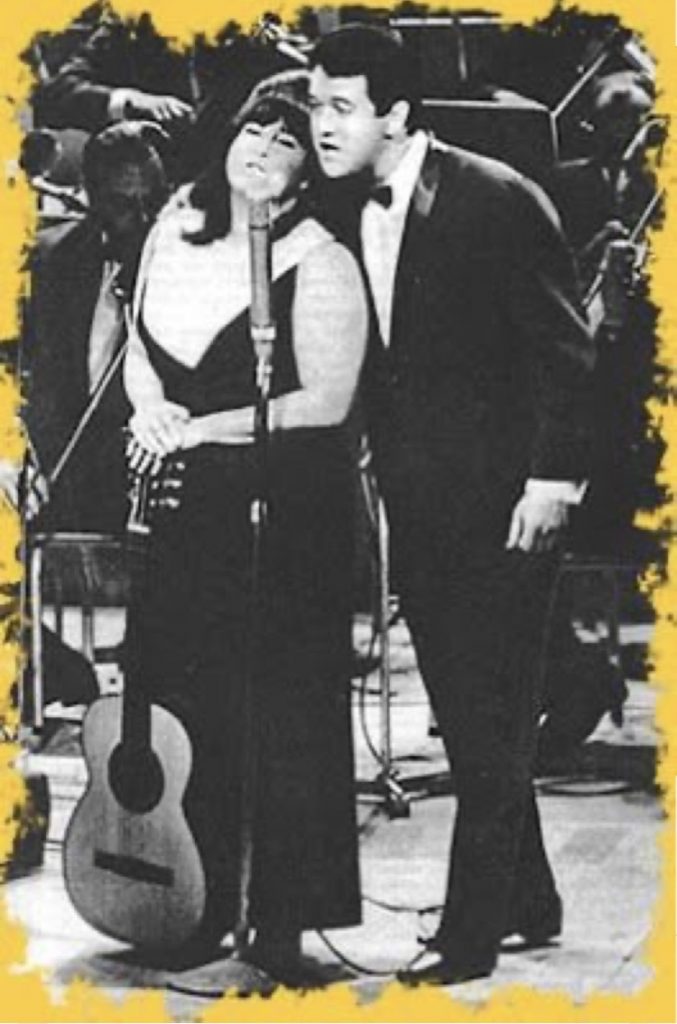

I absolutely adore this album. And I can’t quite believe I haven’t already posted on it!?
For now, most likely, this will just be a short piece, as I listen to it on my peregrinations, over a few days. For a longer read about the album, written by a Brazilian, try this.
The first thing to note is that this is one for those who may occasionally feel less can indeed be a lot more. For me this penchant for a certain kind of spare pared down vibe may well have been started, or ‘seeded’ (?), by a cassette of country folk, with a decidedly jazzy tinge, I encountered in my childhood. Read more about that elsewhere.
Another very big influence, in a similar direction, was seeing the Bruce Weber film, Let’s Get Lost, in my late teens. This beautiful Chet Baker biopic deepened my love for certain veins of mellow melancholic minimalism.
And so it is that my favourite recordings – so far, at any rate – of, for example, Toquinho & Vinicius [de Moraes], are not their big pizazzy productions, but the rarer occasions, when it’s just the two of them. For example their 1975 album O Poeta e o Vialao. Read more about that here.
Getting back to Dez Anos Depois (Ten Years Before)… The first thing to note is that it’s a double-album, and it was recorded ‘in exile’, in France.
Disc one is the pared down minimalist stuff that absolutely slays me. And is very heavily reliant on Jobim bossas. Whilst disc two is more a ‘full on production’, with a more diverse range of composers, and an equally broader sonic palette, utilising a range of varied accompaniments, from strings and woodwinds, to bass, drums and percussion.
I’m highly tempted to give this beautiful album the six stars I occasionally award to stuff that really blows my socks off. Hmm!? I’m also tempted to get it on vinyl, for the full gatefold experience.
The first record is essentially just Nara’s vocal and guitar, with very minimal backing from Tuca, another Brazilian lady, also in exile in France.

A lesbian, prone to being overweight, Tuca’s life was tragically cut short as a result of her trying, with the ‘help’ of an unscrupulous quack, to lose weight. She was clearly also a terrific musician. How sad the world can be, sometimes. But, on the positive side, she contributes wonderfully to this sublime recording. More about Tuca below.

Tuca had a couple of albums released under her own name, in the mid to late sixties. But by ‘69 she was feeling alienated from Brazil, as it was changing under the military dictatorship of those years. So she moved to France.
In France, she wound up doing the musical arrangements and contributing guitar, not just to Nara’s beautiful album, but also for the Francois Hardy album, La Question.

* This photo shows Tuca and Airto performing at the Porta Estandarte 1966 Festival Nacional de Musica Popular (TV Excelsior), where they came first in a competition.
